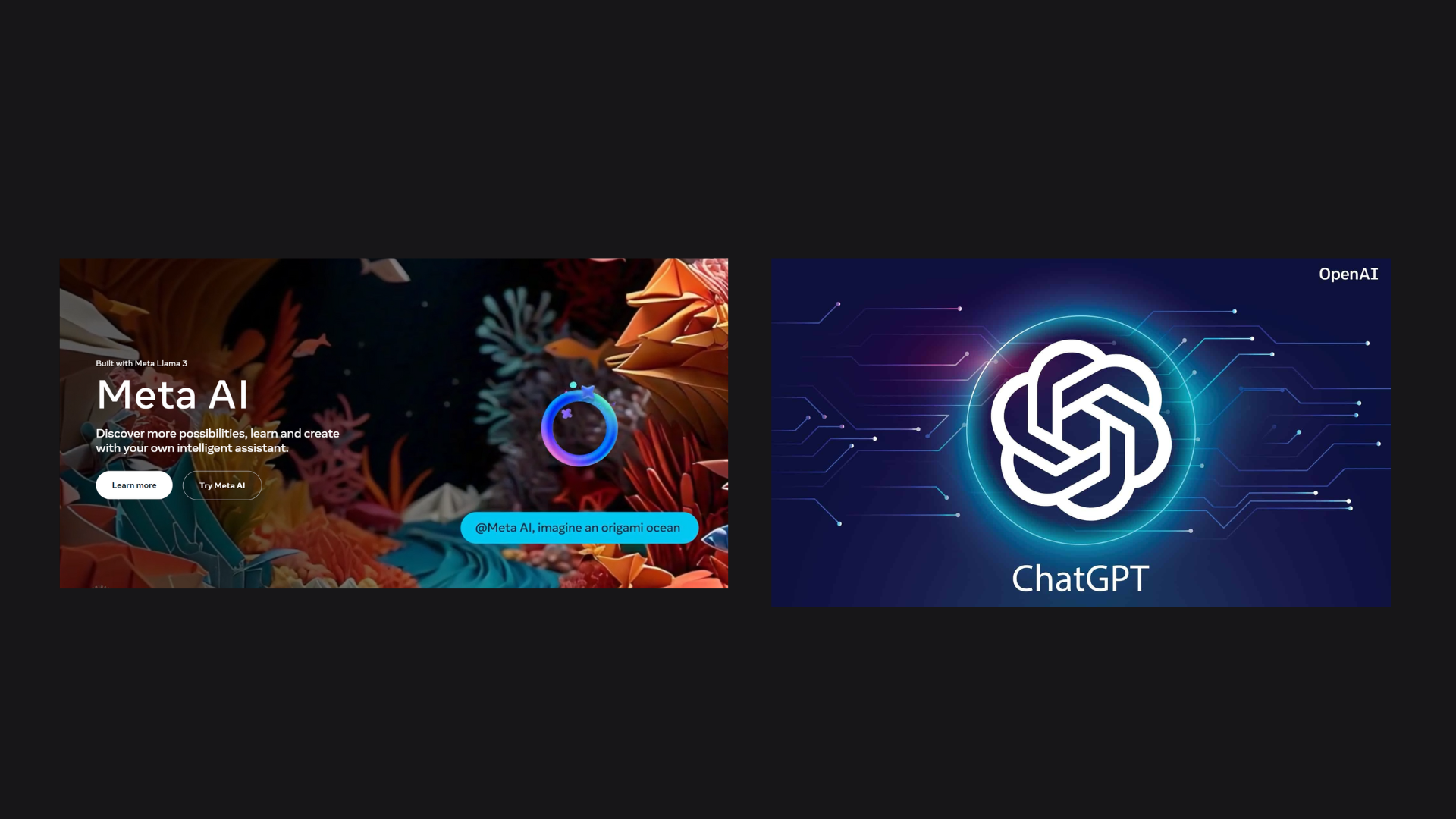Meta AI, the latest addition to the landscape of artificial intelligence (AI) chatbots and assistants, is poised to make a significant impact with its integration across Meta’s suite of apps, including WhatsApp, Instagram, Facebook, and Messenger, as well as its presence on the web.
At the core of Meta AI lies its latest AI model, the Llama 3, which the company believes will outshine its competitors due to its foundation as an open-source model. Meta is introducing two variants of the Llama 3 model: one tailored for consumer-facing AI chatbots within Meta’s apps, and another larger, multimodal version that will be accessible across various platforms such as Amazon Web Services, Google Cloud, and Microsoft Azure.
The capabilities of Meta AI are extensive, with features like search functionality that draws results from both Google Search and Microsoft Bing, making it unique among AI assistants. Additionally, Meta AI introduces innovative tools such as Imagine, a text-to-image generator integrated into WhatsApp, and integration with the Facebook Feed for enhanced contextual information.
Meta is confident in the performance of its Llama 3 model, citing benchmark tests that indicate its superiority in both instruct model and pre-trained model tests compared to competitors like Google Gemini Pro 1.5. Meta aims to avoid the missteps made by other AI models, such as Google’s Bard and Gemini, by focusing on foundational strength and accuracy.
The rollout of Meta AI is gradual, with features like Imagine currently undergoing beta testing in the US and English language support expanding to several countries. With plans for even larger models with up to 400 billion parameters in training, Meta AI is poised to evolve and cater to specific use cases in the months to come.
















